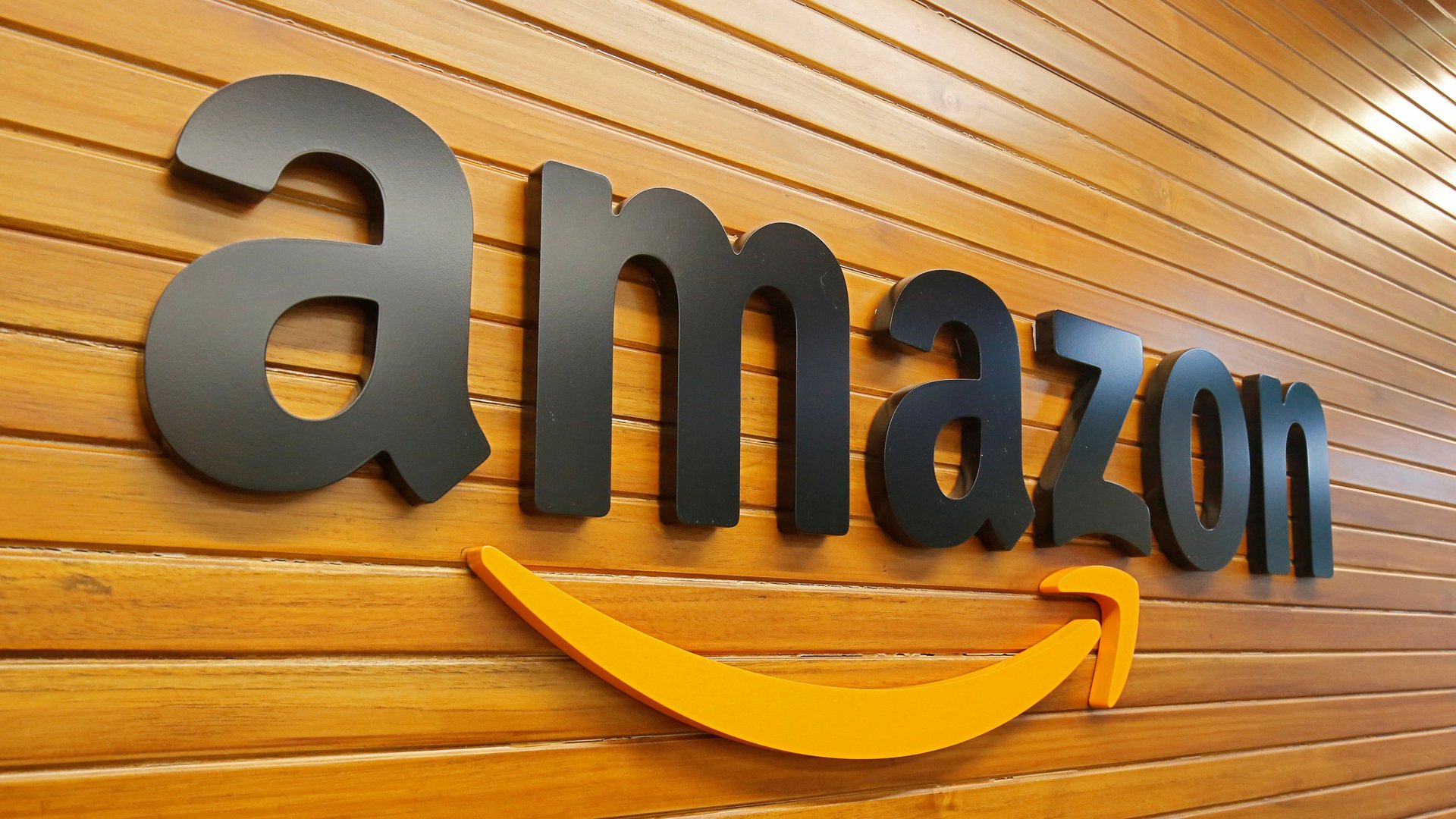Amazon could be the next great disruptor in cinema
Cinema stocks got a lift on word that Amazon might be getting into the movie theater business.


Cinema stocks got a lift on word that Amazon might be getting into the movie theater business.
The e-commerce giant is reportedly bidding to buy cinema chain Landmark Theatres, which owns about 50 movie theaters in the US, Bloomberg reported today (Aug. 16).
If it comes to fruition, Amazon would be the first big tech company to enter the cinema space, which has been upended in recent years by streaming-video services like Netflix that make it easier and more affordable to watch new movies at home. Movie ticket sales declined (pdf) about 9% in the US and Canada—the world’s largest movie market—from 2012-2017. Subscription services like MoviePass have since attempted to revitalize moviegoing by changing the model of selling tickets. Landmark partners with MoviePass to offer e-ticketing, seat selection, and other perks through the app.
Shares of three of the largest US cinema chains, AMC Theaters, Cinemark, and Marcus Corp, ticked up 1-4% during intraday trading on Thursday, after word spread of Amazon’s interest in the market. The stocks initially dipped on the news, but all quickly recovered. IMAX Corp was down almost 1% on the day. The e-commerce giant shook up the grocery world last year when it acquired Whole Foods, and has since brought perks like free delivery and discounts for subscribers of its Amazon-wide Prime program to the chain.
Amazon rents and sells movies online, streams them on its subscription service, Prime Video, and makes and distributes them through Amazon Studios. It’s also a big buyer of independent films. Landmark Theatres, known for arthouse films, would give it a piece of the physical outlets where those movies play.
Unlike Netflix, which releasesits original movies online the same day they hit theaters, if they hit theaters at all, Amazon has stuck to the traditional way of releasing its films, such as Manchester By the Sea and The Big Sick. It releases them in theaters first, and waits at least three months before making them available online. The movie industry has long depended on this model, which assures that the people who want to see a movie most have to pay the most, and makes those who are unwilling to shell out the cash wait. Sticking to this model has made cinema chains more willing to working with Amazon than peers like Netflix, though the streaming-video rival does have a distribution deal with luxury theater chain iPic.